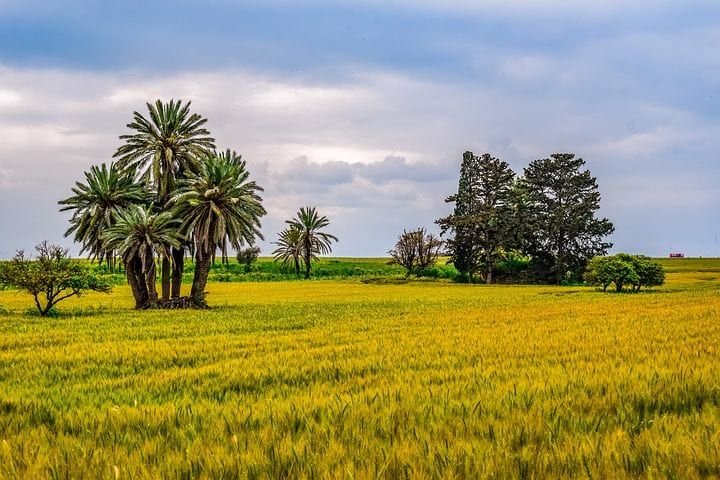Strive for Knowledge: Shaykh Ibn Baz’s Call to the Seekers of Truth
Advice on Striving in the Pursuit of Islamic Knowledge and Attending Gatherings of Knowledge – Shaykh Ibn Baz
There is no doubt that circles of knowledge hold a tremendous status. The Messenger of Allah (ﷺ) used to sit with the companions, teaching them and reminding them at various times. They would gather around him, listening and learning. This was the way of the Companions — and after the passing of the Messenger of Allah (ﷺ), they too would hold gatherings of knowledge and teach the people. Likewise, in our time, the scholars and students of knowledge continue this noble tradition.
The benefits of these sittings are immense. The student of knowledge attends and listens attentively, while the common person also participates and benefits. The student brings his book to record the benefits, and through this, the benefit is preserved — for had he not written it down, it might have been lost. As for the common attendee, they listen and ask questions about matters that concern or trouble them, seeking guidance. All of this is from what Allah loves.
Imam Ahmad, al-Tirmidhi, and others narrated on the authority of Anas ibn Malik (رضي الله عنه) that the Messenger of Allah (ﷺ) said:
“When you pass by the gardens of Paradise, then feast.”
They asked, “What are the gardens of Paradise?”
He replied, “The circles of remembrance.”
Additionally, in the Sahihayn, it is narrated that one day the Prophet (ﷺ) was in the masjid, and the companions were gathered around him as he was reminding them. During this gathering, three people entered. One of them came forward and joined the gathering. The second sat at the back. The third turned away and left. When the Prophet (ﷺ) had finished speaking, he said:
“Shall I inform you about these three?”
The companions replied, “Of course, O Messenger of Allah.”
He (ﷺ) said:
“As for the first, he sought refuge with Allah, so Allah granted him refuge. The second felt shy, so Allah was shy towards him. As for the third, he turned away, so Allah turned away from him.”
The statement regarding the third person — that Allah turned away from him — is a severe warning. It highlights the danger of arrogantly turning away from or abandoning the gatherings of knowledge and the pursuit of understanding.
It is also reported on the authority of Mu’awiyah (may Allah be pleased with him) that the Messenger of Allah (ﷺ) said:
“Whomever Allah intends good for, He grants him understanding of the religion.”
This hadith shows that one of the signs of true happiness is understanding the religion. If Allah grants a person knowledge and comprehension of the religion, it is a sign that He intends good for that individual. In contrast, a sign of a person’s loss and destruction is being deprived of this understanding — that one turns away and remains negligent of the importance of attaining knowledge and its gatherings.
The Prophet (ﷺ) also said:
“Whoever treads a path seeking knowledge, Allah makes easy for him the path to Paradise.”
Thus, seeking knowledge is one of the greatest and most important means of drawing closer to Allah, the Most High.
My sincere advice to every Muslim — male and female — is to be diligent in acquiring an understanding of the religion, to study earnestly, and to pursue knowledge by every possible means.
–
Summarised and Slightly Paraphrased from Shaykh Ibn Baz’s “Advice on Striving in the Pursuit of Islamic Knowledge and Attending Gatherings of Knowledge.






